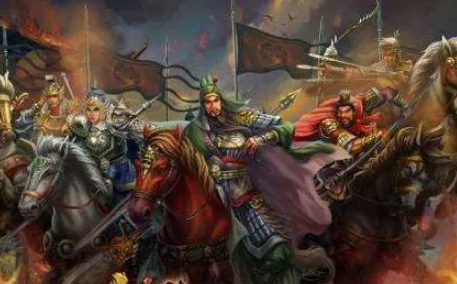The menval system refers to a special social stratum system in ancient China, mainly existing in the feudal society before the Tang Dynasty. It is composed of some families or clans who control political, economic, and military power, and maintain their status and interests through hereditary succession. Next, let's take a closer look at the concept, characteristics, and influence of the menval system.

Concept Explanation
The menval system refers to a special social stratum system in ancient Chinese feudal society, composed of families or clans. These families or clans usually possess a large amount of land and wealth, control political, economic, and military power, and maintain their status and interests through hereditary succession. The menval system existed for a long time in Chinese history and had a profound impact on the stability and development of feudal society.
Characteristic Analysis
The menval system has the following characteristics:
(1) Hereditary Succession: The main characteristic of the menval system is hereditary succession. The power and status of these families or clans are often inherited by sons or relatives, forming a closed social stratum system. This inheritance method makes the status of the menval more stable and limits social mobility and development.
(2) Land Annexation: Families or clans in the menval system often acquire more wealth and power through land annexation. In feudal society, land is the most important means of production, and the menval expanded their economic strength and social status by purchasing or seizing farmers' land.
(3) Political Control: Families or clans in the menval system have a certain degree of political power in feudal society. They can influence political decisions through bribery, election manipulation, and other means to maintain their own interests and status. This political control is also one of the important reasons for the contradictions between the menval system and other social strata.
In conclusion, the menval system is an important social stratum system in Chinese history, characterized by hereditary succession, land annexation, and political control. Its existence had a profound impact on the stability and development of feudal society, and also provided reference and inspiration for political system reforms in later generations.
Disclaimer: The above content is sourced from the internet and the copyright belongs to the original author. If there is any infringement of your original copyright, please inform us and we will delete the relevant content as soon as possible.
































